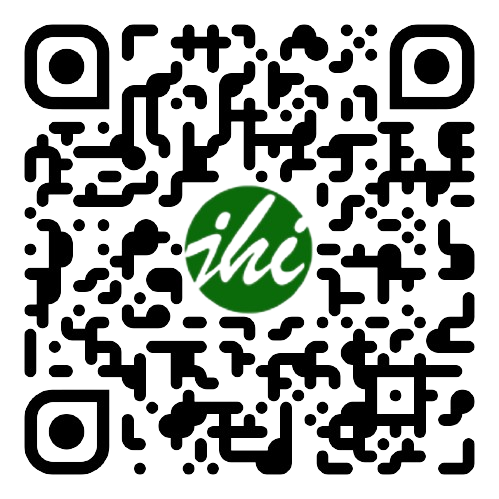Reformasi Hukum Pidana Islam Kontemporer (Studi atas Pemikiran Abdullah Ahmed an-Naim)
DOI:
https://doi.org/10.28918/jhi.v17i1.2003Abstract
The application of Islamic criminal law (fiqh jinayah) into the nation-state system of government demonstrates the vision that some Muslims have been fighting for. This manifestation is frequently indicated by the implementation of hudud matters, including the punishment of cutting off hands, stoning, beating, and qisas (capital punishment), to illustrate how “Islamic” a ruling regime is. The present study seeks two research questions, namely: (1) why is the Islamic criminal law being stagnant? (2) How is An-Naim’s thought in reforming Islamic criminal law? Grounded in qualitative library research, this study employed a philosophical approach. Descriptive-analytical and interpretive methods were used to analyze the obtained data. The findings expose that the reality of the application of sharia law by the state, according to an- Naim, as occurred in Sudan during the era of President Numeiri, was more political in nature. In order to lead to applicable and contemporary Islamic criminal law, an-Naim offers that the applied law must be in accordance with constitutional and international standards concerning two considerations, namely: the principle of legality without any discrimination and the issue of punishment and treatment of prisoners.
Downloads
Published
How to Cite
Issue
Section
License

This work is licensed under a Creative Commons Attribution-ShareAlike 4.0 International License.
Jurnal Hukum Islam use a variety of waivers and licenses that are specifically designed for and appropriate for the treatment of data:
- Open Data Commons Attribution License, http://www.opendatacommons.org/licenses/by/1.0/(default)
- Creative Commons CC-Zero Waiver, http://creativecommons.org/publicdomain/zero/1.0/
- Open Data Commons Public Domain Dedication and License, http://www.opendatacommons.org/licenses/pddl/1-0/
Other data publishing licenses may be allowed as exceptions (subject to approval by the editor on a case-by-case basis) and should be justified with a written statement from the author, which will be published with the article.













.png)














